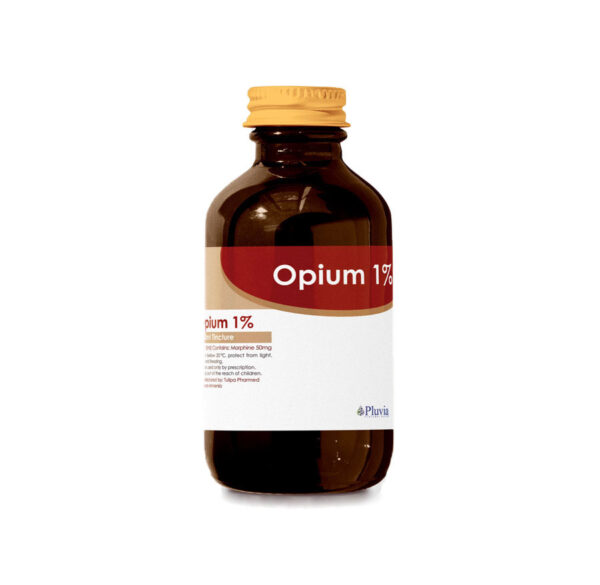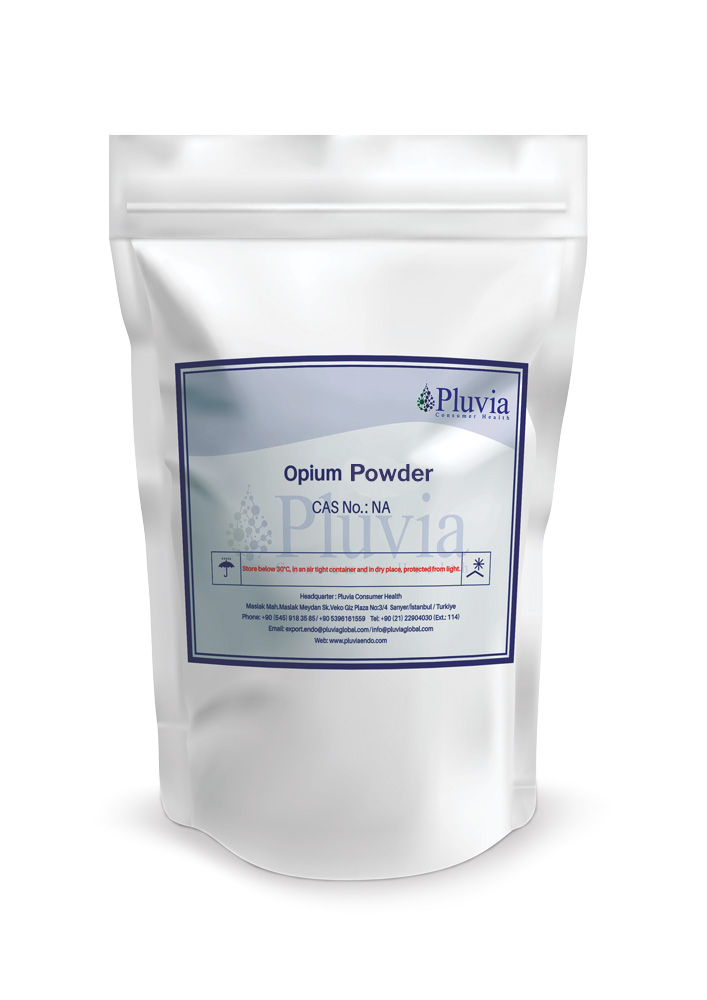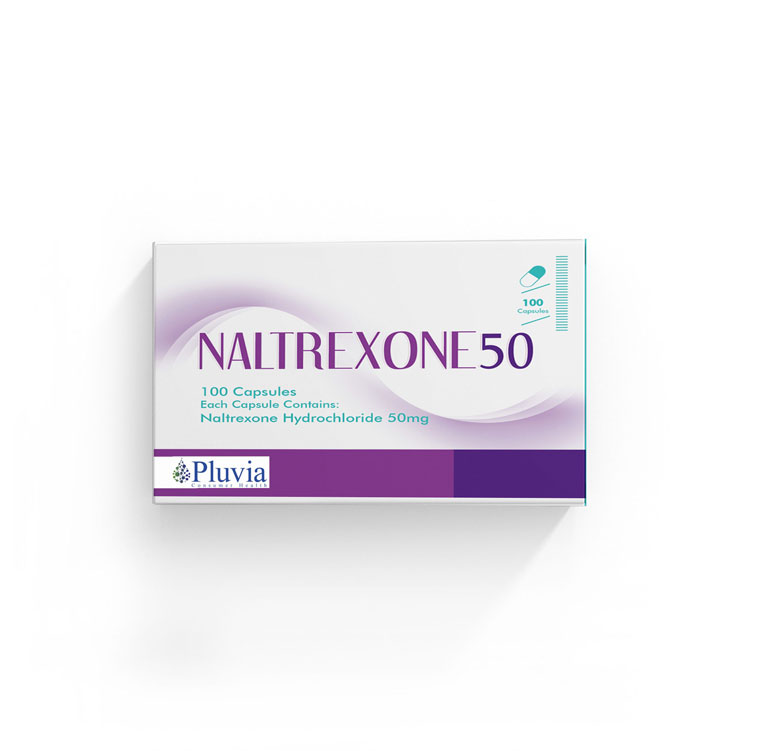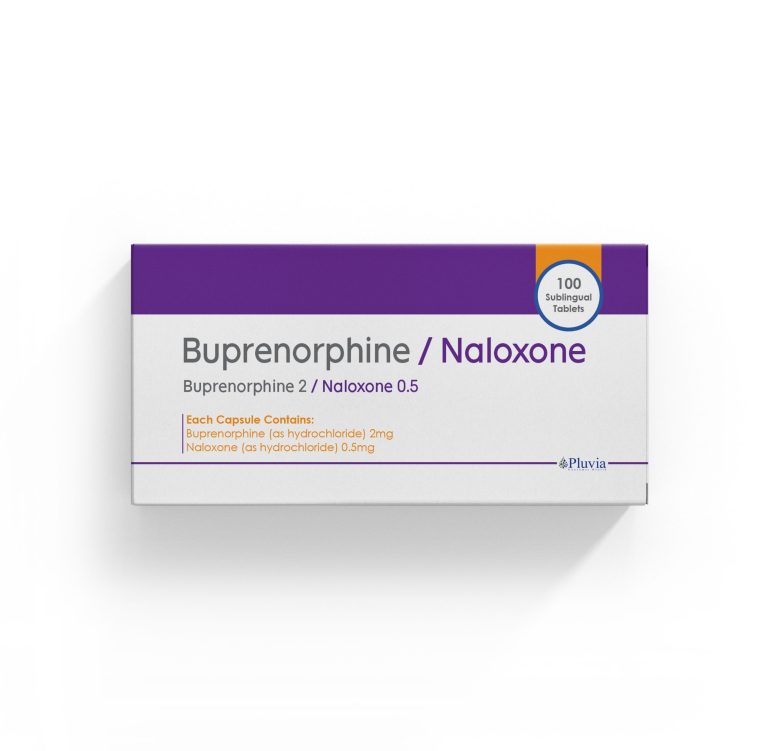Opium Tincture 1% is a potent opioid medication used for the treatment of specific medical conditions. Here are the key details about Opium Tincture 1% Bottle:
Composition
Opium Tincture 1% Bottle contains 50 mg of anhydrous morphine per 5 milliliters in a bottle.
Appearance
The tincture is a clear, reddish-brown solution, characterized by its bitter taste and distinct odor. However, the deodorized version is freed from unpleasant odors through a process involving petroleum distillate.
Indications and Usage of Opium Tincture 1% Bottle
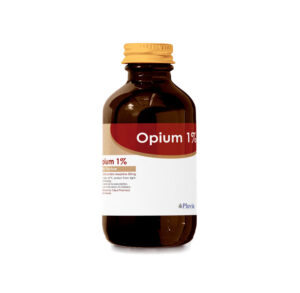
Opium Tincture 1% is primarily used for the following purposes:
Diarrhea
It is effective in treating occasional and chronic diarrhea by slowing down an overactive bowel, thereby reducing the number of bowel movements. The recommended dose for adults is 0.6 mL (6 mg of morphine) taken orally every six hours, not to exceed 6 mL per day.
Opioid Use Disorder
Opium tincture 1% bottle can also be used as part of opioid substitution therapy for individuals with opioid use disorder, particularly those with opium use disorder. This treatment approach is safe and efficacious in certain cases.
Dosage and Administration of Opium Tincture 1% Bottle
For Diarrhea:
Adults: 0.6 mL (6 mg of morphine) orally every six hours, not to exceed 6 mL per day.
Children: Use is not recommended due to the lack of established safety and effectiveness in pediatric populations.
Measurement:
Use a specially marked spoon or the provided dropper to measure each dose accurately. Household spoons are not reliable for measuring this medication.
Contraindications and Precautions
Allergies:
Inform your doctor if you have any allergies to opium or other medicines. Allergic reactions can include difficulty breathing, skin rash, itching, swelling, or severe dizziness.
Pregnancy and Nursing:
Opium Tincture should be used with caution in pregnant women and nursing mothers. Healthcare providers do not know whether the tincture can cause fetal harm or affect reproductive capacity. Healthcare providers advise caution when administering to nursing women due to the potential for opioid exposure to the infant.
Geriatric Use:
Healthcare providers should monitor elderly patients closely for adverse reactions because they may be more sensitive to the effects of opium preparations.
Adverse Reactions/Side Effects of Opium Tincture 1% Bottle
Common side effects of Opium Tincture include:
- Gastrointestinal:
- Constipation
- Nausea
- Vomiting
- Central Nervous System:
- Dizziness
- Drowsiness
- Lightheadedness
- Skin:
- Pruritus
- Urticaria
- Skin rash
Severe side effects may include:
- Respiratory Depression:
- Shallow, irregular breathing
- Unconsciousness
- Cardiovascular:
- Slow heartbeat
- Muscle weakness
Drug Abuse and Dependence
Regulatory authorities classify Opium Tincture as a Schedule II controlled substance due to its potential for abuse and dependence. Long-term use can lead to physical dependence, and stopping the medication abruptly can cause withdrawal symptoms. Healthcare providers recommend gradually reducing the dose to prevent severe withdrawal symptoms.
Overdosage
In case of an overdose, contact a poison control center or emergency room immediately. Symptoms of overdose include decreased awareness or responsiveness, shallow breathing, fainting, slow heartbeat, and muscle weakness. Medical professionals should administer activated charcoal to reduce absorption and perform gastric emptying under their supervision.
Storage and Handling of Opium Tincture 1% Bottle
Store Opium Tincture 1% Bottle at controlled room temperature (68°F to 77°F or 20°C to 25°C). Follow the storage instructions provided with the medication to ensure its stability and effectiveness.
Vonage Pharma (Former Pluvia Endo) produces Opium 1% in the form of API as opium tincture 1% of API and Opium Powder, and FDF form in bottles for both pharmaceutical providers and patients.
By understanding the composition, indications, dosage, and potential side effects of Opium Tincture 1%, healthcare providers and patients can use this medication safely and effectively to manage specified medical conditions. Always consult with a healthcare professional before starting or adjusting treatment with this medication.
We understand the complexities and challenges you face in the healthcare industry. That’s why we’re dedicated to providing innovative solutions and insightful knowledge to help you achieve your goals.
Your input is crucial in helping us understand your needs and deliver the most relevant support:


